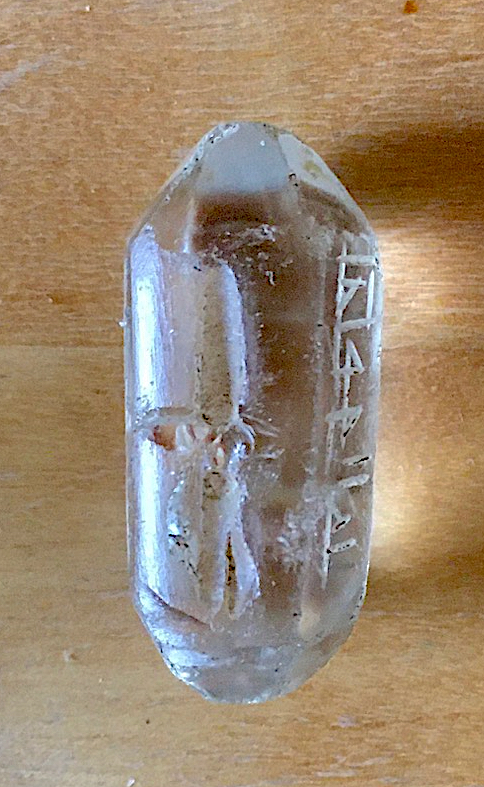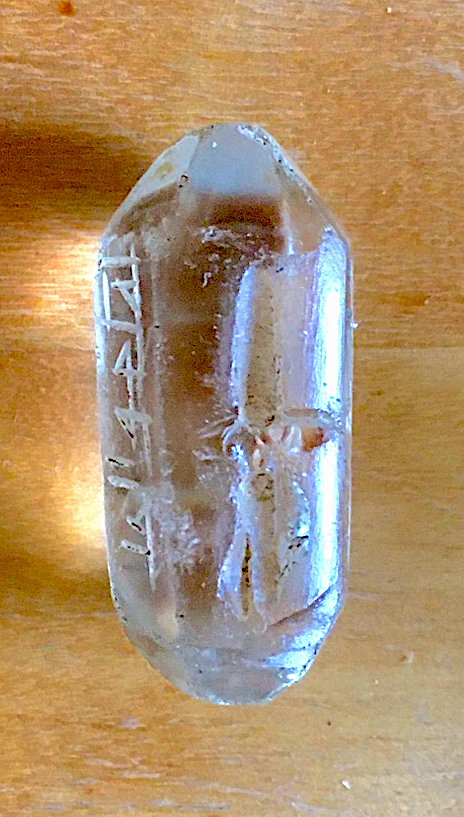Roman dodecahedra between Southeast Asia and England, part 4
Wherein we embark upon an inquisition into the divine proportions of the dodecahedron and its congeners, take a peek at the history of accounting, explore the mind of Leonardo da Vinci, and examine the humanistic physics of Werner Heisenberg*.
[*Heisenberg's father was a professor of medieval and modern Greek studies at the University of Munich in Germany. Heisenberg had more a “humanistic” education, i.e. more Latin and Greek than in natural sciences. One morning the young Werner Heisenberg discovered reading Plato's Timaeus a description of the world with regular polyhedra. Heisenberg could not understand why Plato being so rational started to use speculative ideas. But finally he was fascinated by the idea that it could be possible to describe the Universe mathematically. He could not understand why Plato used the Polyhedra as the basic units in his model, but Heisenberg considered that in order to understand the world it is necessary to understand the Physics of the atoms. (source) He contributed to atomic theory through formulating quantum mechanics in terms of matrices and in discovering the uncertainty principle, which states that a particle's position and momentum cannot both be known exactly. (Britannica | Apr 23, 2024)
—————
We have had an exciting, joyful journey through dodecahedra land, from the archeological discovery of a new specimen in England, to deep, dense discussions about the meaning and purpose of these mysterious objects, to scampering through and clambering over a playground installation of a related form. In this post, I would like to return to the essential twelveness of the dodecahedra.
Read the rest of this entry »

